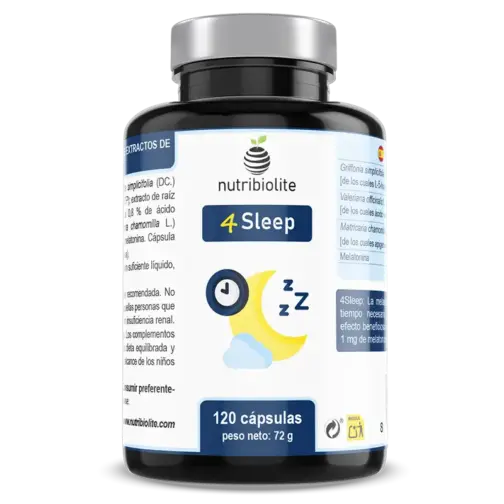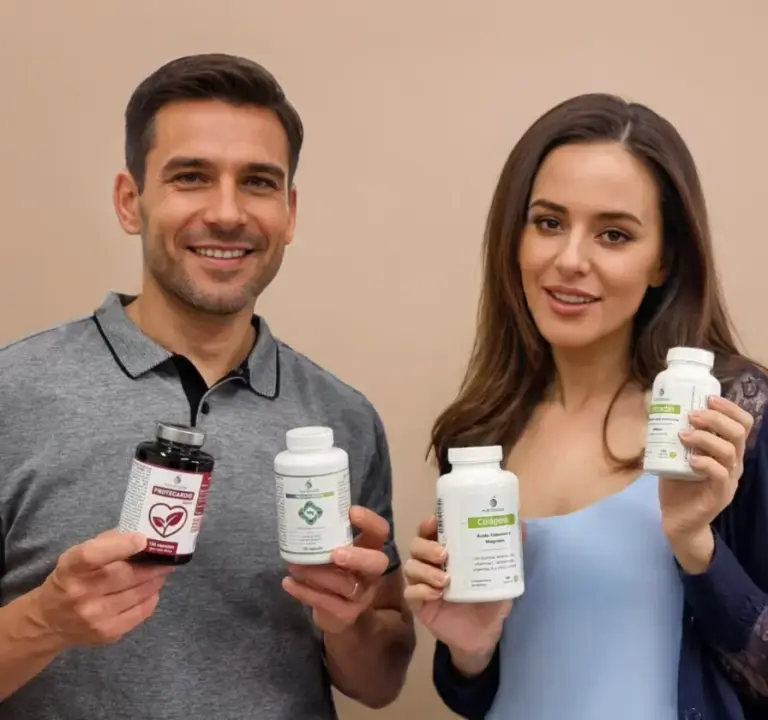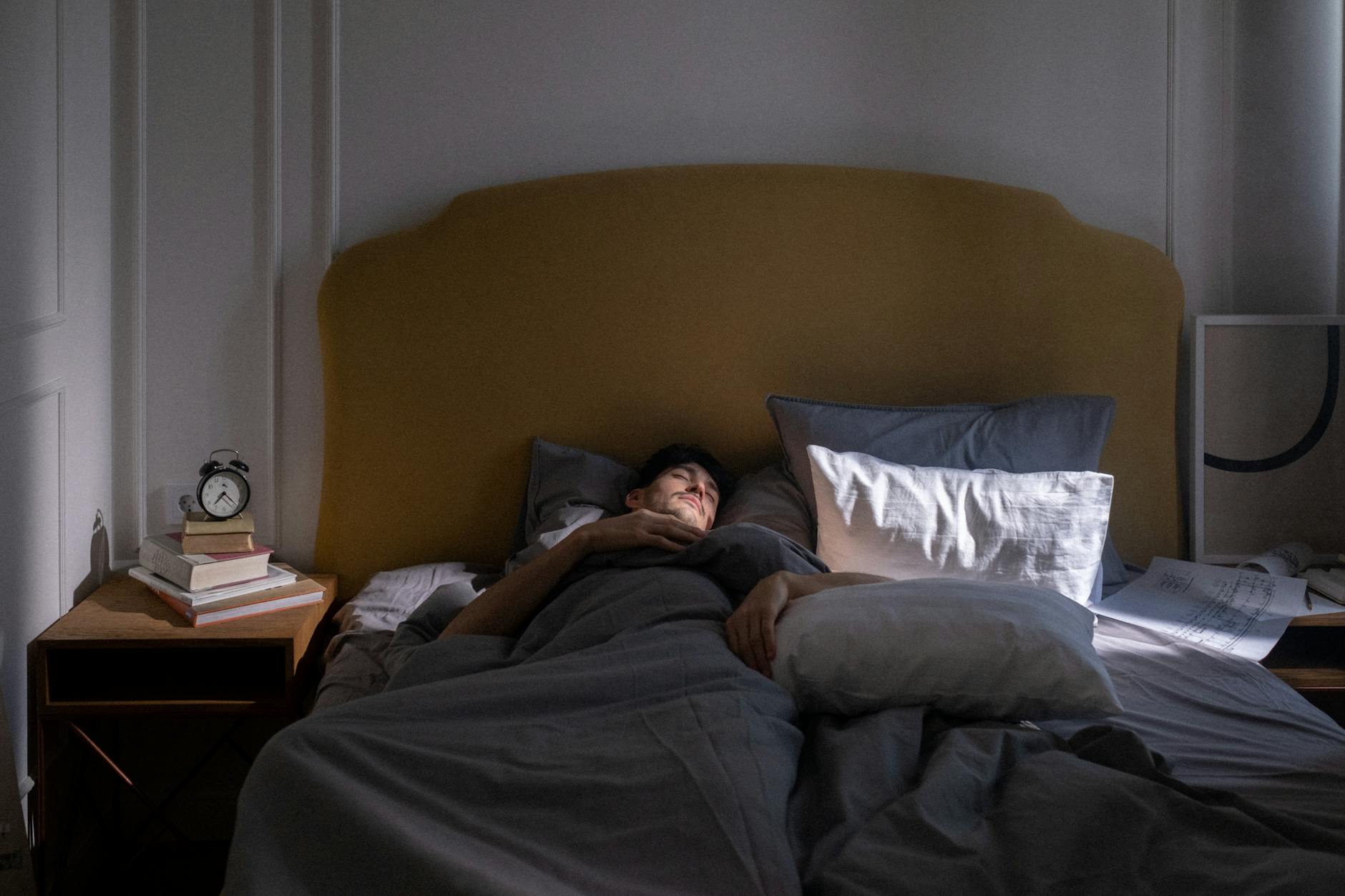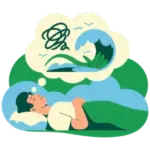A new scientific study published in 2025(study in Scientific Reports) explores how melatonin and its precursors, such as tryptophan and 5-HTP, are linked to the rhythms of sleep and rest. The researchers found that factors such as diet, age and exposure to light modify the production of this key hormone, influencing both sleep onset and sleep quality. The research confirms that supporting these natural mechanisms can promote more stable nights and refreshed awakening. The work acknowledges common limitations: small sample size, short duration and focus on healthy adults.
What does this mean for you? If you’ve ever felt that your sleep has fallen out of rhythm after a time of stress or schedule changes, understanding how your night-time physiology works is the first step to getting it back on track. This evidence invites you to take care of the little rituals before bedtime and to value allies that follow the body’s natural logic.
Melatonin, the master clock of sleep
Every night, when the light falls, your brain reads this signal and releases melatonin. This hormone marks the beginning of the sleep phase, synchronising the internal cycle with the environment. But from the age of 40 onwards, its production gradually declines; after the age of 70 it can be almost minimal. Stress, rotating shifts or travel also upset this balance.
The new study underlines that a light intake (1 mg) before bedtime can support this transition without disturbing other natural processes. Higher doses do not necessarily improve the effect and may even cause mild discomfort such as daytime sleepiness or headache.
Tryptophan and 5-HTP, silent cogs in your night-time routine
It matters not only how much melatonin you produce but also what signals you give your body during the day. Tryptophan, present in foods such as nuts or bananas, starts a chain: first it is transformed into 5-hydroxytryptophan (5-HTP), then into serotonin (the feel-good molecule), finally into melatonin.
The study highlights that using 5-HTP directly, extracted for example from Griffonia simplicifolia, speeds up this natural process because it acts just before the last biochemical link. This respects the internal physiology without disturbing or artificially interfering with it.
Relaxing plants for restful sleep without dependency
Although hormones set the main cycles, there are plant compounds that pave the way for deep rest. Valerian, used for centuries for occasional insomnia, calms the central nervous system without sedation or risk of dependence. The same is true of chamomile, whose apigenin helps maintain sleep quality according to recent data.
Both plants work alongside the body’s natural pathways: they relax without suppressing vital reflexes and allow you to wake up clear-headed every morning.

Melatonin 1 mg and 5-HTP with relaxing plants.
When it makes sense to seek external support for sleep regulation
No one needs supplements to rest if all the factors are in place – dim light in the evening, a light dinner rich in tryptophan and regular schedules – but there are times when this is not enough. When you change work shifts or cross time zones or simply notice that your internal clock is out of sync despite taking care of your basic routines.
This is where a formula like 4Sleep comes in. Its combination respects the doses suggested by European organisations (1 mg rapid melatonin), adds standardised extracts (49 mg of 5-HTP from Griffonia) and reinforces everything with concentrated valerian and chamomile. It is pure physiological accompaniment with no synthetic additives or unnecessary ingredients.
Frequently asked questions about sleep and rest habits and products
How do I take a supplement like 4Sleep correctly?
How is 4Sleep different from other melatonin-only supplements?
Does it produce residual drowsiness or a “hangover” feeling?
Can it be combined with tryptophan-rich dinners?
How long can I use it on a regular basis?
This content is informative and does not replace the advice of a health professional.
















